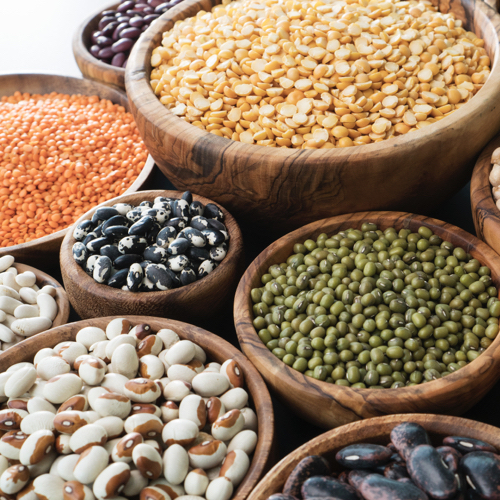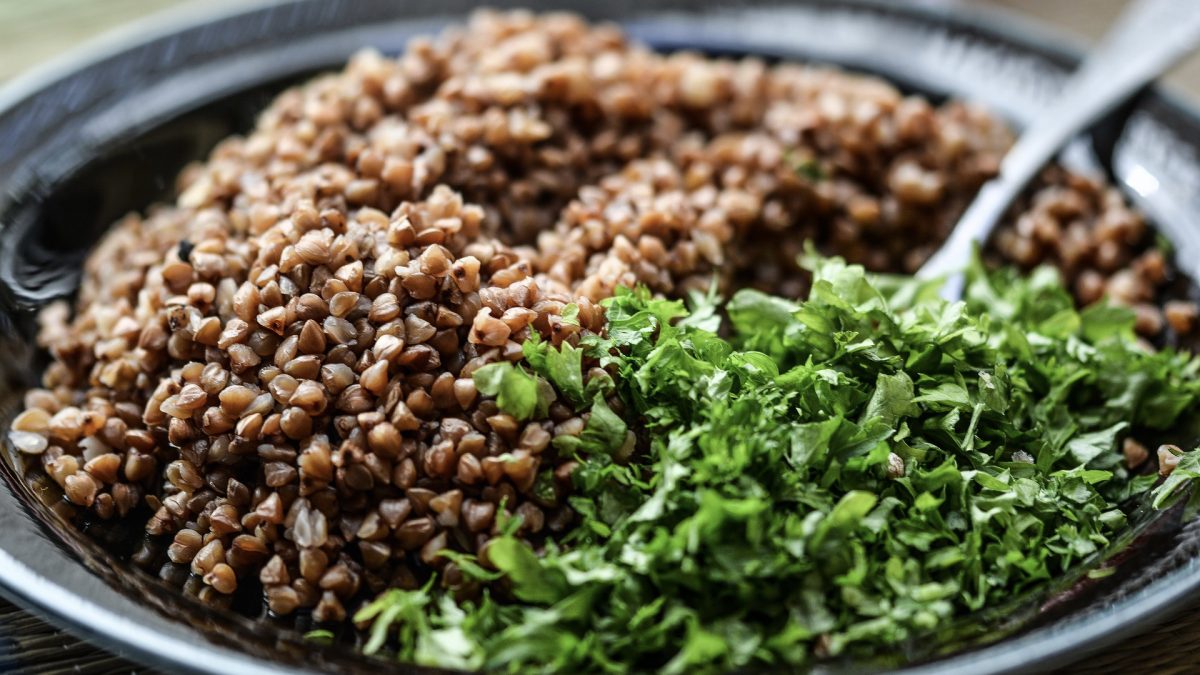
Fiber
Humans evolved eating huge amounts of fiber, likely in excess of one hundred grams daily. That’s up to about ten times what the average person eats today. Because plants don’t tend to run as fast as animals, the bulk of our diet used to be made up of a lot of bulk. In addition to keeping you regular, fiber binds to toxins, such as lead and mercury, and flushes them away. (Pun intended!) Our bodies were designed to expect an ever-flowing fiber stream, so it dumps such unwanted waste products as excess cholesterol and estrogen into the intestines, assuming they will be swept away. But if you aren’t constantly filling your bowels with plant foods, the only natural source of fiber, unwanted waste products can get reabsorbed and undermine your body’s attempts at detoxifying itself. Only 3 percent of Americans may even reach the recommended minimum daily intake, making it one of the most widespread nutrient deficiencies in the United States.
In addition to its well-known effects on bowel health, high fiber intake appears to reduce the risk of cancers of the colon and breast, diabetes, heart disease, obesity, and premature death in general. A number of studies now show that high intake may also help ward off stroke. How does it protect the brain? It helps control your cholesterol and blood sugar levels, which can help reduce the amount of artery-clogging plaque in your brain’s blood vessels. High-fiber diets may also lower blood pressure, which reduces the risk of brain bleeds.
Unfortunately, about 97 percent of Americans eat fiber-deficient diets. It is naturally concentrated in only one place: whole plant foods. Processed foods have less, and animal-derived foods have none at all. Animals have bones to hold them up, but plants—and only plants—have fiber.
For substantiation of any statements of fact from the peer-reviewed medical literature, please see the associated videos below.
Image Credit: Amanda Rae. This image has been modified.
Popular Videos for Fiber

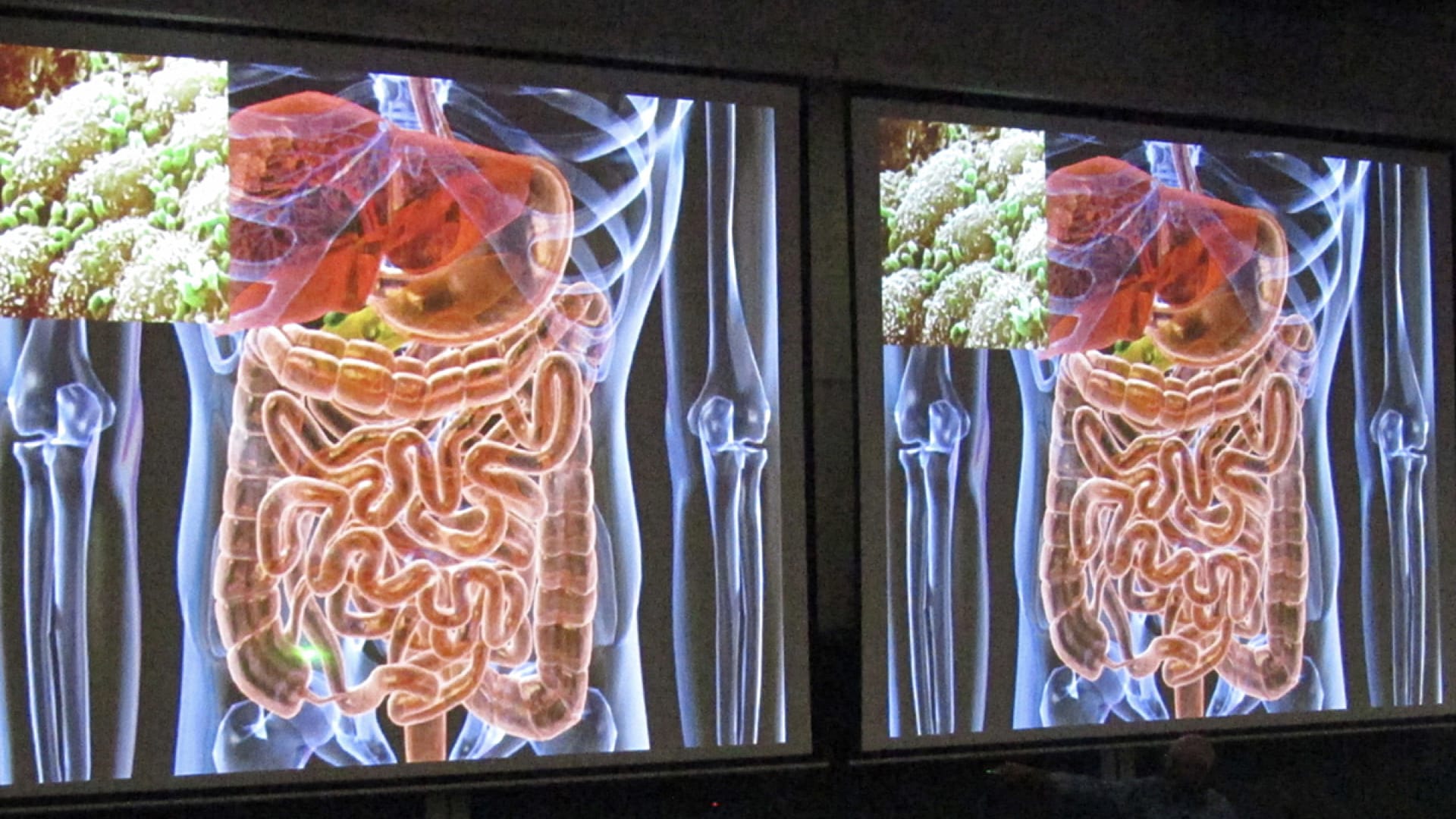
How to Become a Fecal Transplant Super Donor
What’s more important: probiotics or prebiotics? And where can we best get them?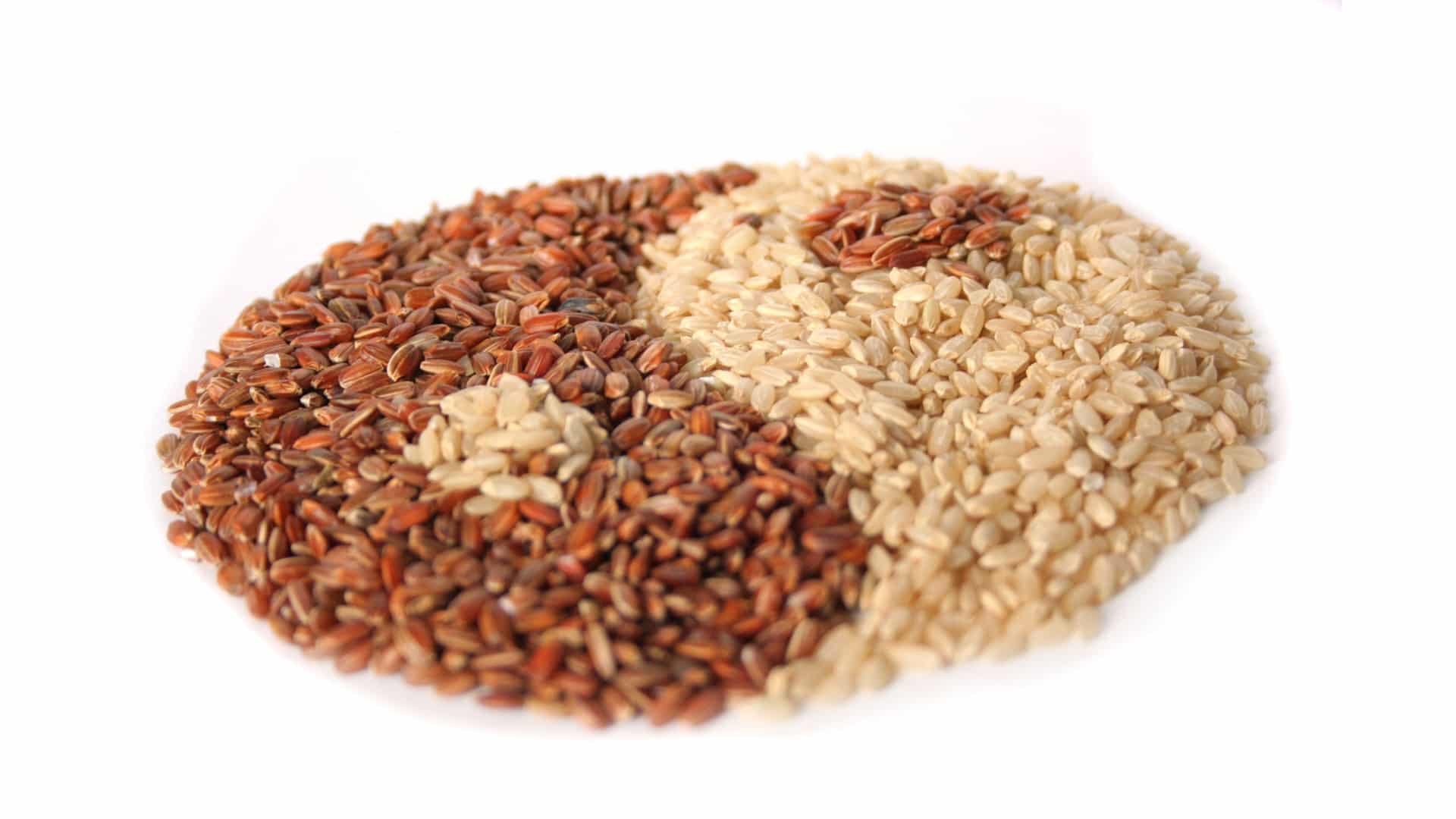
Gut Microbiome – Strike It Rich with Whole Grains
What can we eat to increase good gut bacteria richness in our colon?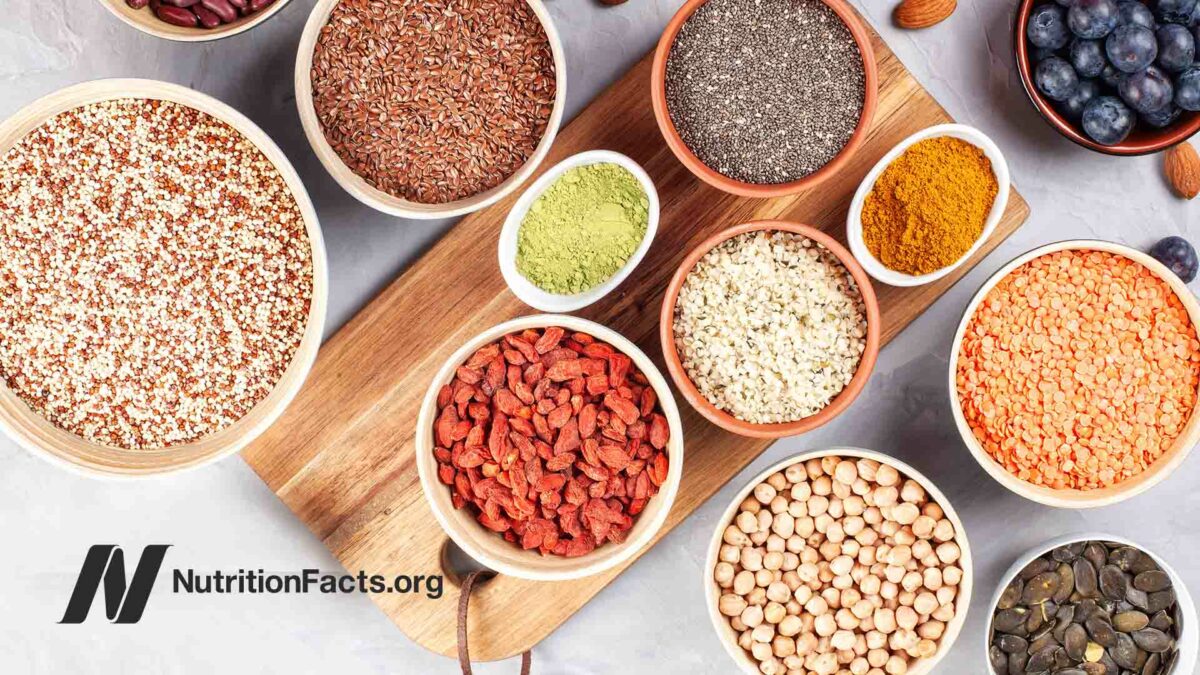
Getting Starch to Take the Path of Most Resistance
How might beans, berries, and intact (not just whole) grains reduce colon cancer risk?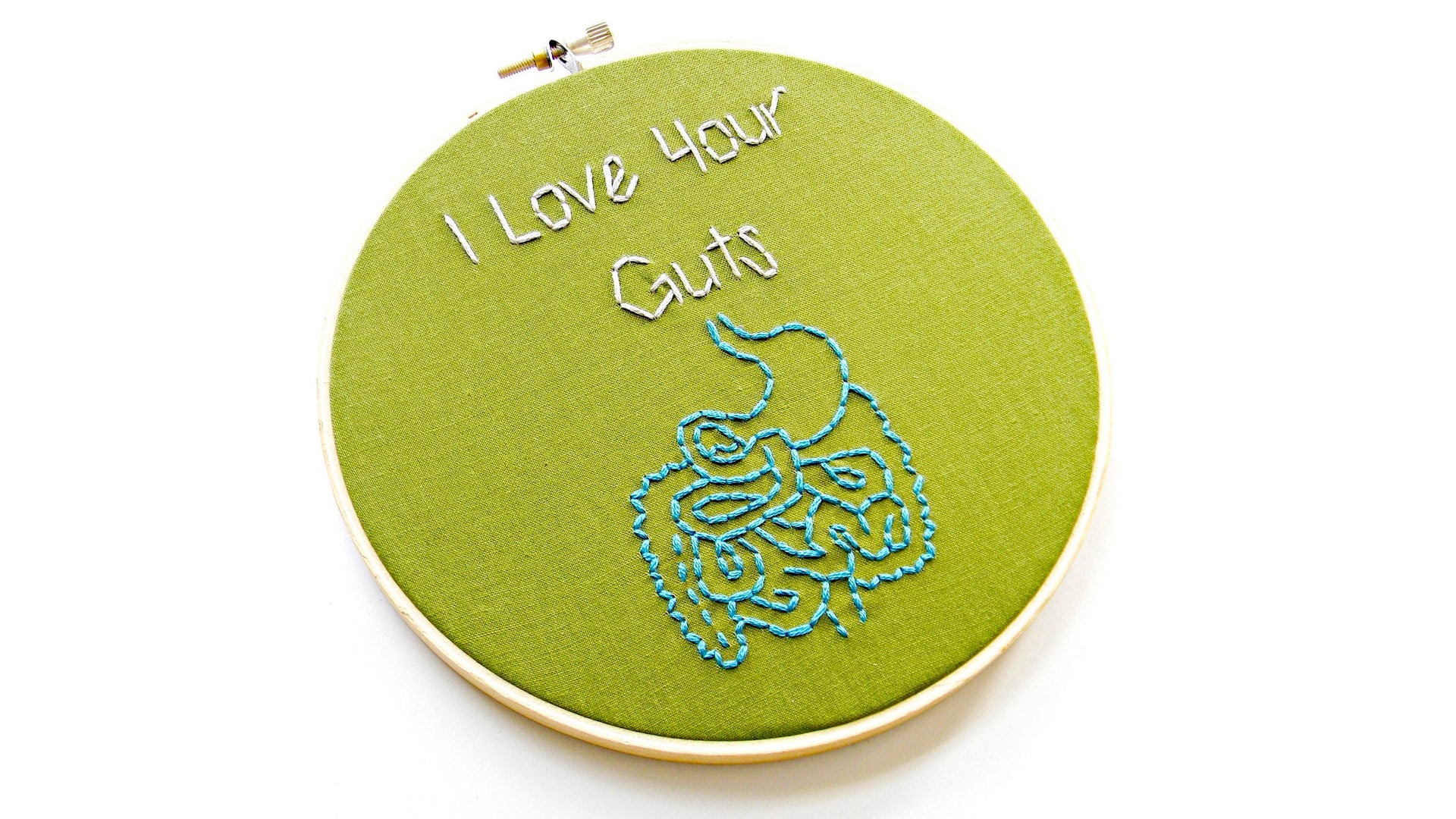
Gut Dysbiosis: Starving Our Microbial Self
Inadequate consumption of prebiotics—the fiber and resistant starch concentrated in unprocessed plant foods—can cause a...
Lose Two Pounds in One Sitting: Taking the Mioscenic Route
Our physiology evolved for millions of years eating a plant-based diet. What would happen if...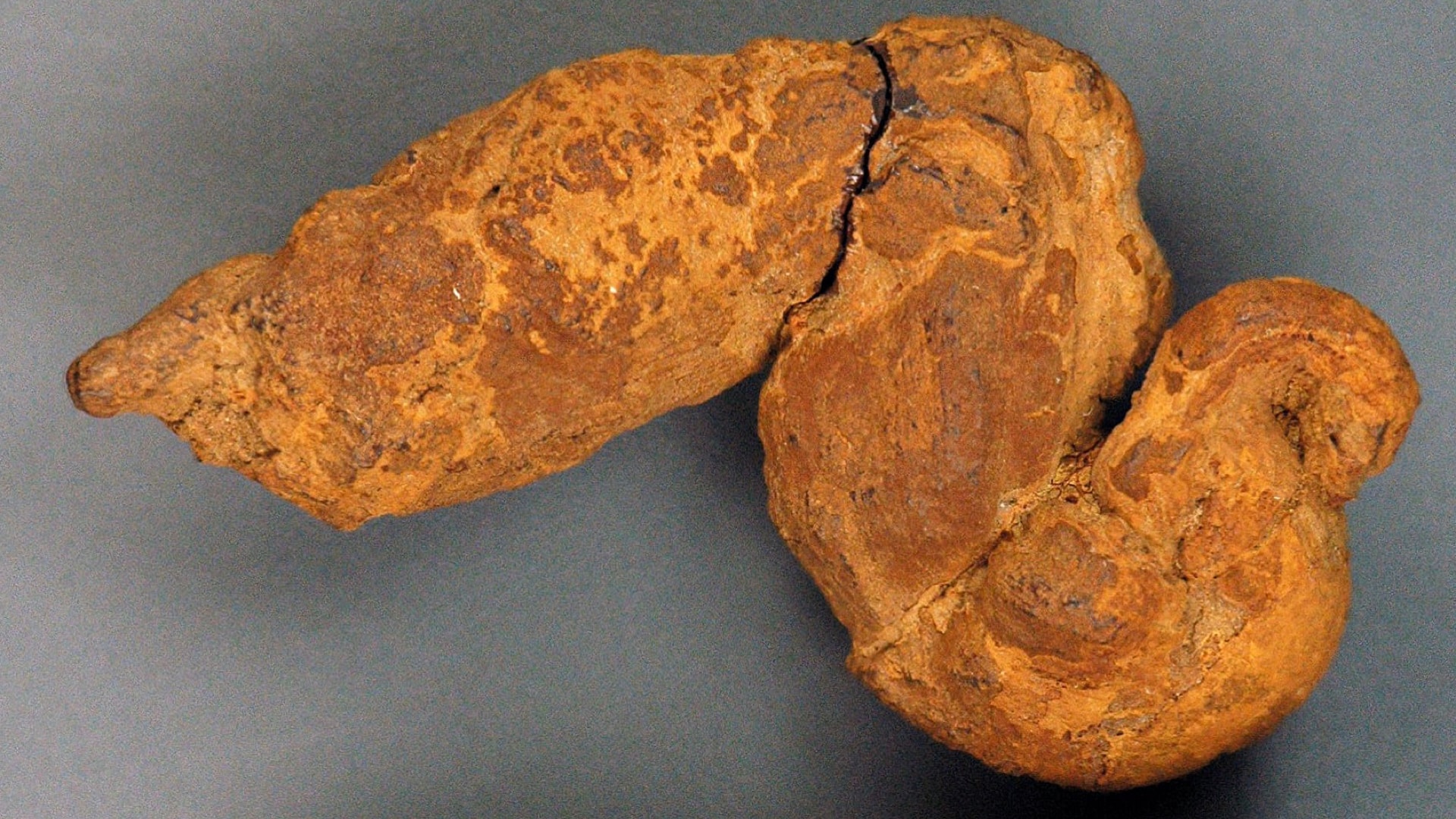
Paleopoo: What We Can Learn from Fossilized Feces
Ancient dietary practices based on analyzing the fiber content of fossilized human waste can give...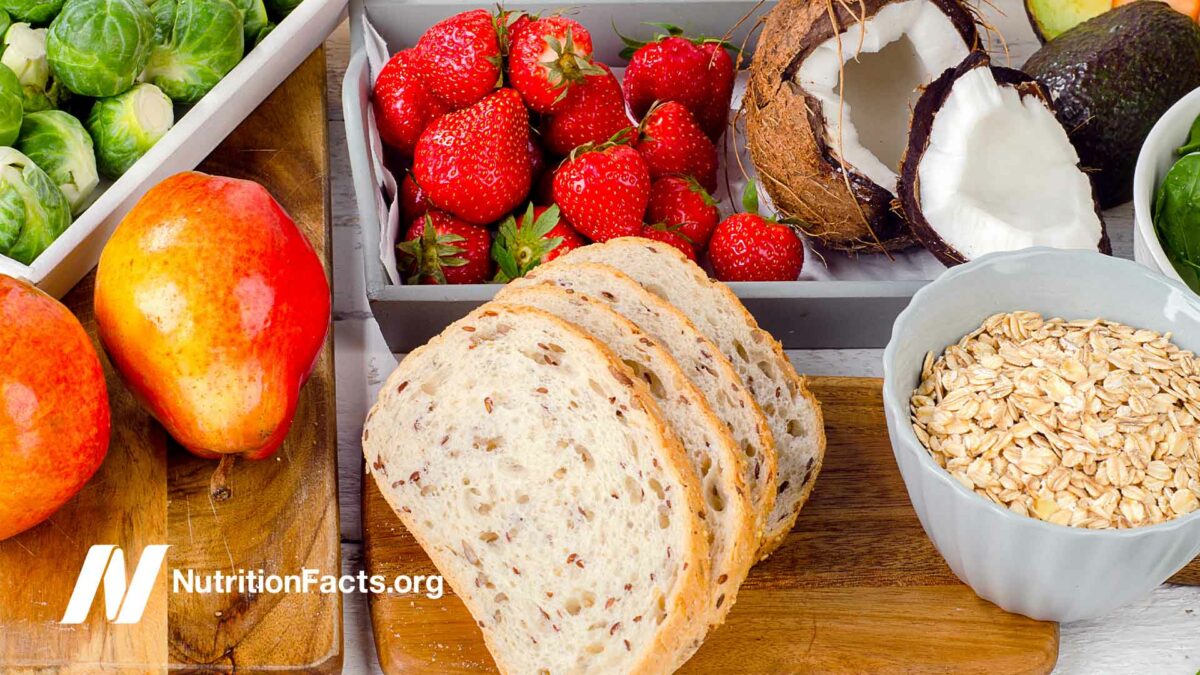
The Five-to-One Fiber Rule
A guideline is suggested for how to read food labels for grain products such as...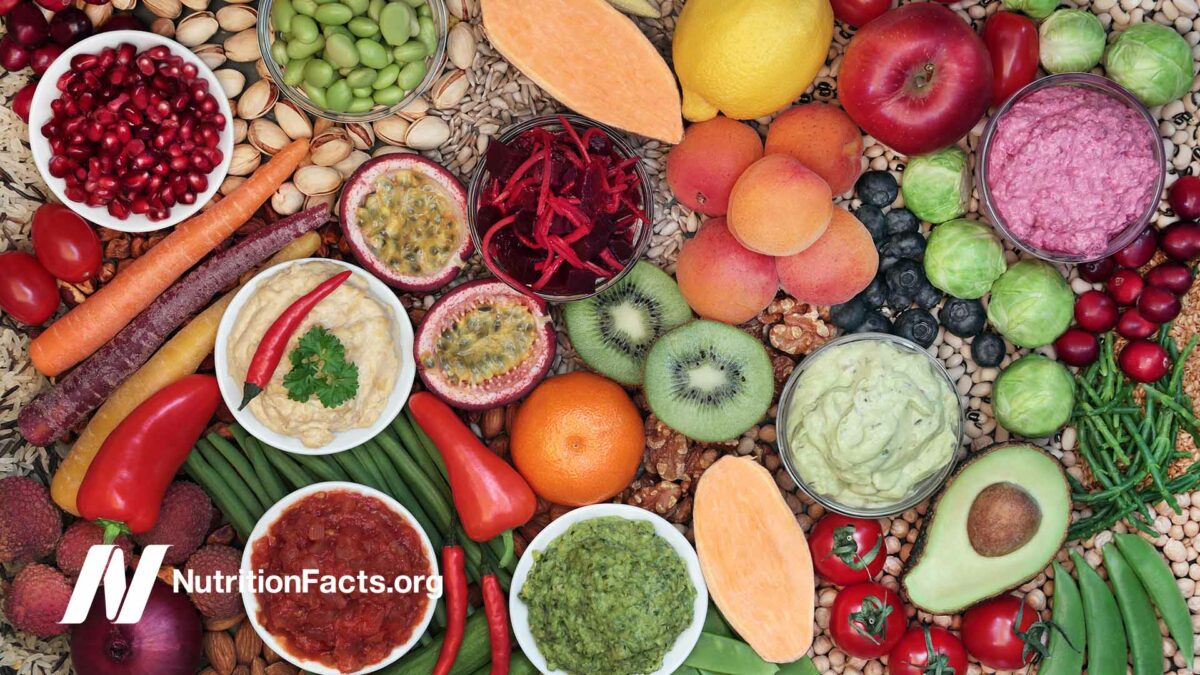
Is the Fiber Theory Wrong?
The extraordinarily low rates of chronic disease among plant-based populations have been attributed to fiber,...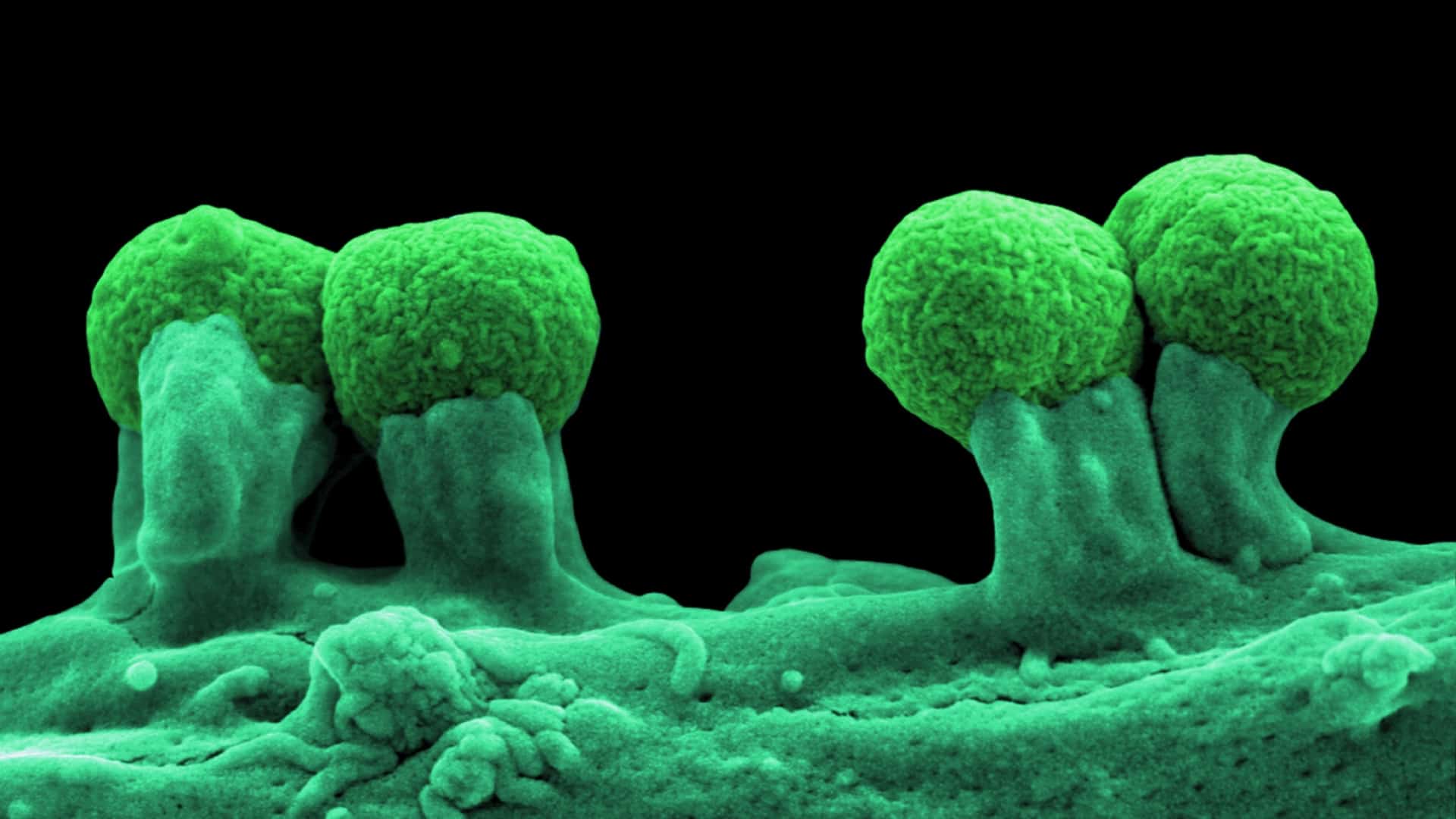
Prebiotics: Tending Our Inner Garden
Why does our immune system confuse unhealthy diets with dysbiosis—an overrun of bad bacteria in...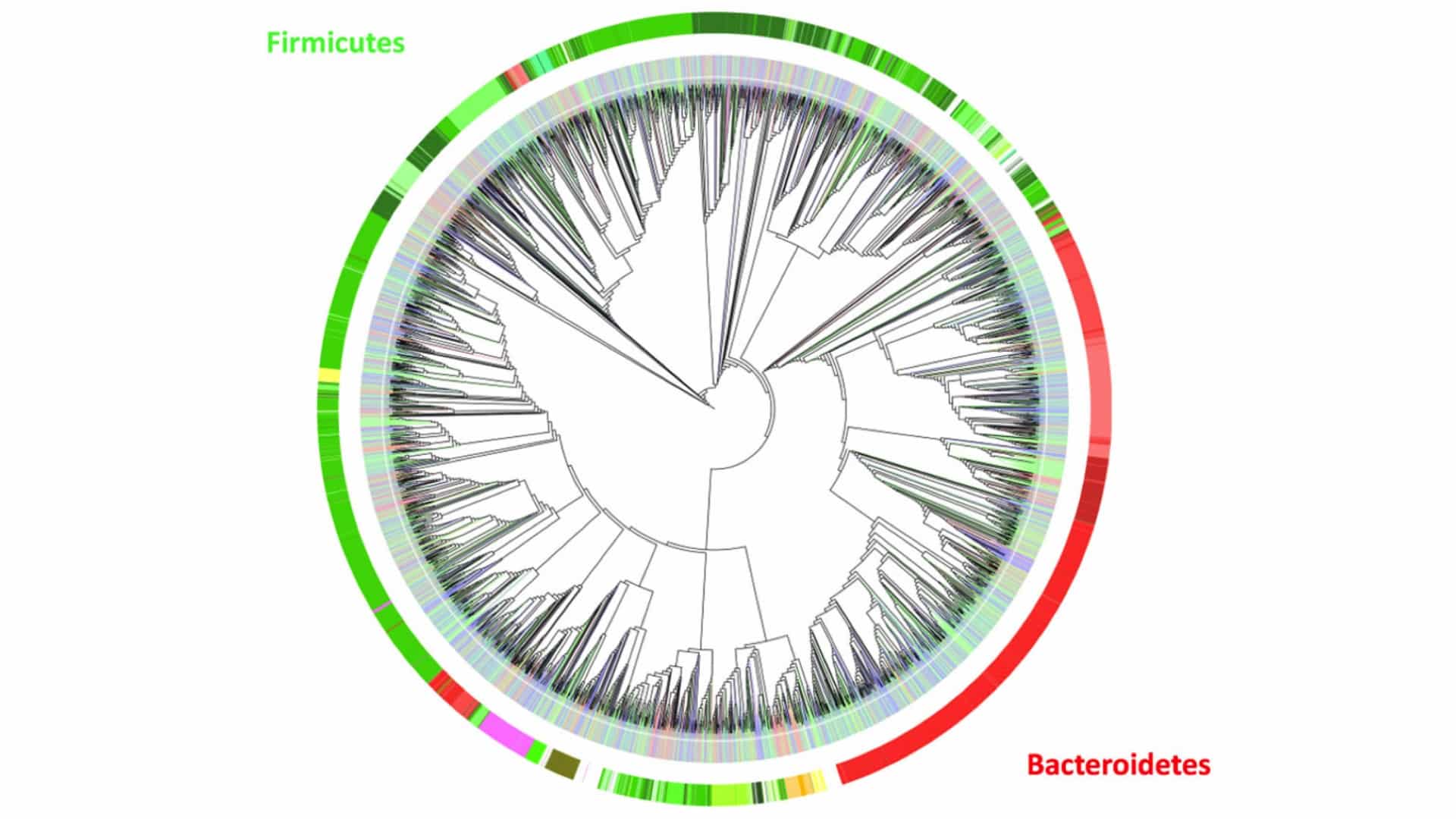
Microbiome: The Inside Story
The microbiome revolution in medicine is beginning to uncover the underappreciated role our healthy gut...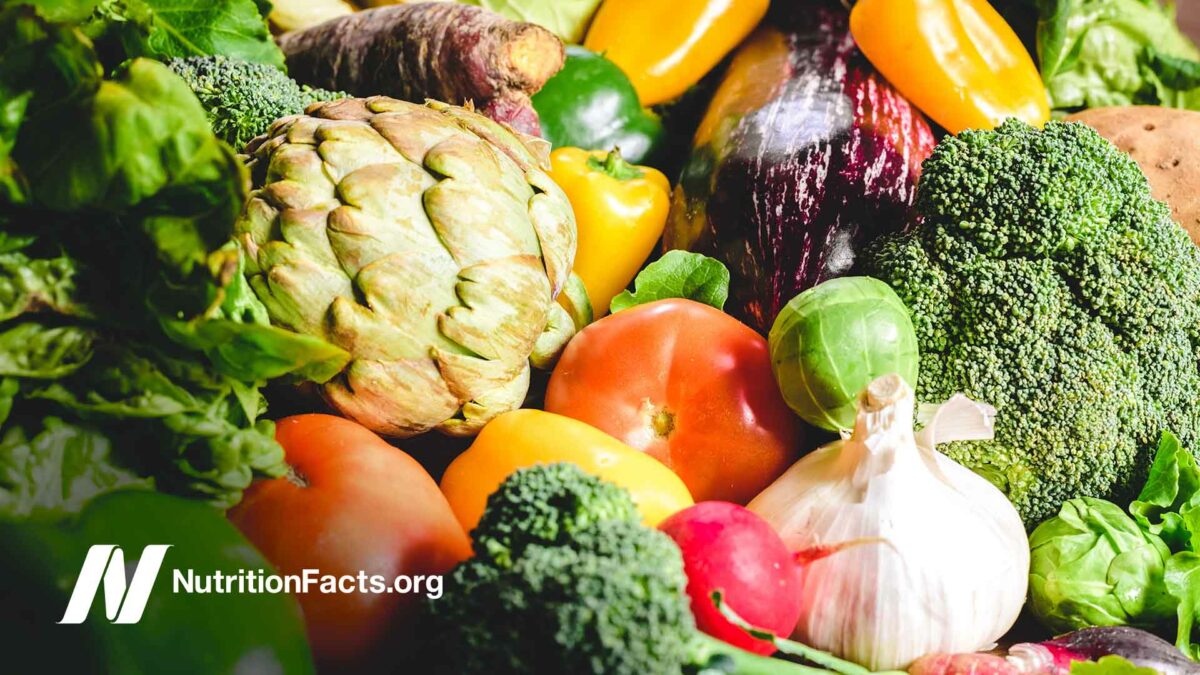
Does Fiber Really Prevent Diverticulosis?
The parable of the tiny parachute explains the study that found no relationship between dietary...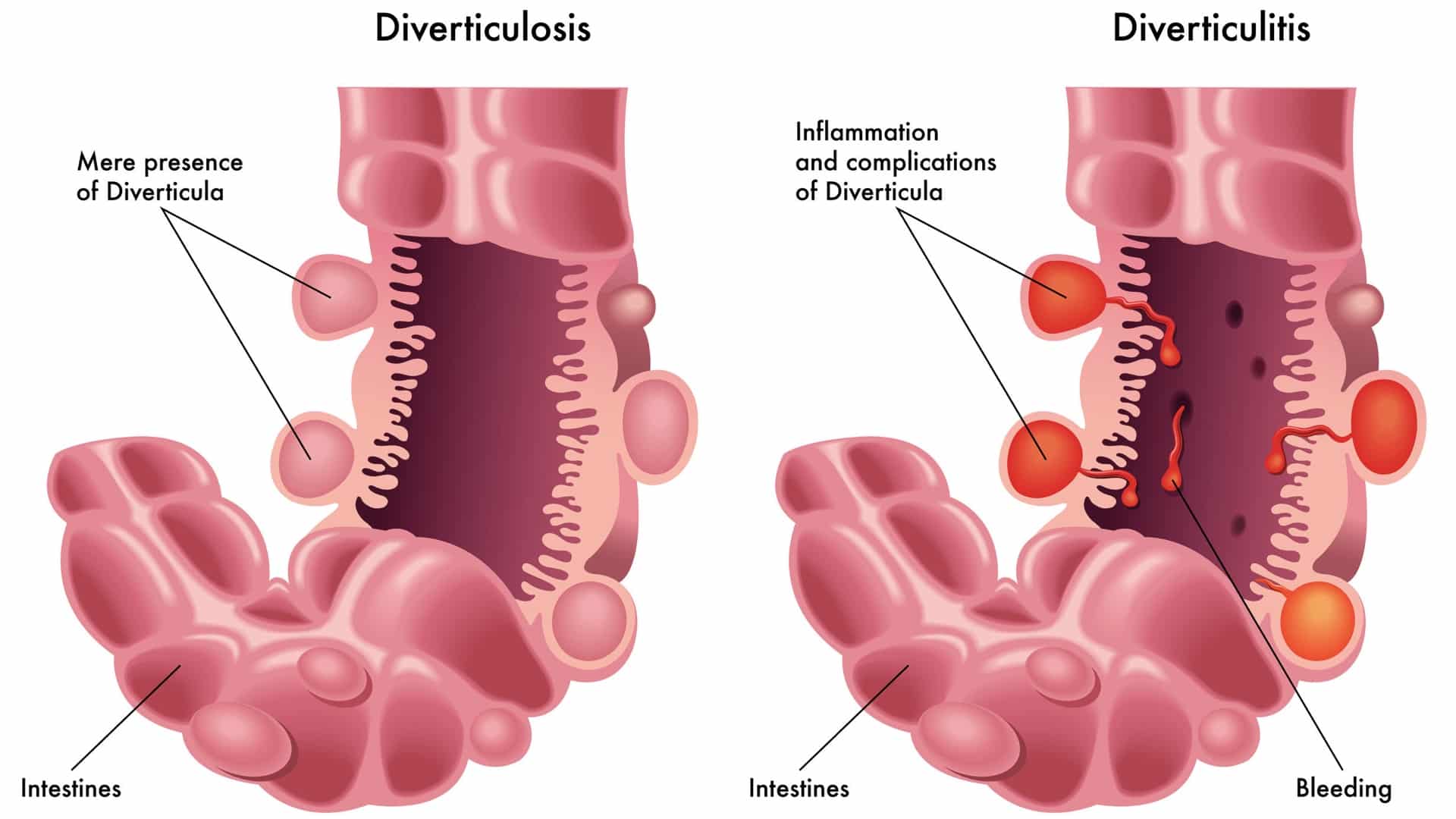
Diverticulosis: When Our Most Common Gut Disorder Hardly Existed
More than two-thirds of Americans over age 60 have diverticulosis, but it was nearly unknown...
How Many Bowel Movements Should You Have Every Day?
Most people have between 3 bowel movements a day and 3 a week, but normal...All Videos for Fiber
-

Diverticulosis Diet: Should Nuts, Seeds, and Popcorn Be Avoided?
From a rarity to an epidemic disease, diverticulosis is a disease of fiber deficiency.
-

Microbiome Manipulation with Oligomannate for Treating Dementia
A prebiotic derived from a type of brown seaweed is used for mild to moderate Alzheimer’s dementia in China. Does it work?
-

Causes, Prevention, and Treatment of Varicose Veins
Perhaps Ugandans had more than 50 times fewer varicose veins for the same reason they had 50 times less heart disease and up to 50 times less colon cancer.
-

Using Prebiotics, Intact Grains, Thylakoids, and Greens to Boost Our GLP-1 for Weight Loss
Boost our natural satiety hormone GLP-1 through out diet.
-

A Plant-Based Diet for Weight Loss: Boosting GLP-1 and Restoring Our Natural Satiety Circuit
Why does our natural GLP-1 satiety mechanism fail, and what can we do about it?
-

The Best Dietary Detox
By eating at a lower rung on the food chain, those choosing plant-based diets suffer less exposure to the industrial pollutants that bioaccumulate up the ladder.
-

The TAME Trial: Targeting Aging with Metformin
If you have diabetes, metformin can make things better, but if you don’t, the drug may make things worse.
-

How to Delay the Age of Menopause with Diet and Lifestyle Factors
Approximately half of the variability of age of menopause among women is explained by genetics. What behaviors or circumstances can help explain the rest?
-

Acid Reflux Medicine May Cause Osteoporosis
Stomach acid–blocking proton pump inhibitor drugs—PPIs with brand names like Prilosec, Prevacid, Nexium, Protonix, and AcipHex—appear to significantly increase the risk of bone fractures.
-

The Best Diet for COVID and Long-COVID
Healthy plant-based diets appear to help reduce the risk of severe COVID-19 and getting infected in the first place, even independent of comorbidities.
-

How to Get a Good Night’s Sleep Without Sleeping Pills
Taking less than just 18 Ambien-class sleeping pills in an entire year may triple the risk of dying prematurely.
-

Is Soy Milk the Most Nutritious Non-Dairy Milk?
Soy milk is compared to dairy milk and other plant-based milks.
-

Targeting Angiogenesis to Lose Weight
Expanding body fat releases blood supply-generating factors that may end up hooking up tumors, too.
-

Greens, Green Tea, and Nuts Put to the Test for Telomeres
Not all plant foods are linked to less cellular aging based on telomere attrition, and not all animal foods are linked to more.
-

Fecal Transplants for Aging and Weight Loss
Does poop from centenarians have anti-aging properties?
-

Fasting to Detox
How might we help flush the pollutants stored in our fat that come spilling out into our bloodstream during weight loss?
-

Fecal Transplants for Ulcerative Colitis, MS, Depression, Bipolar, and Alcoholism
I go over randomized, controlled trials and case reports of stool transplants for various clinical conditions.
-

A Case of Stage 3 Cancer Reversal with Fasting
I go over a case report of water-only fasting, followed by a whole food, plant-based diet for follicular lymphoma.
-

How Does Oatmeal Help with Blood Sugars?
The prebiotic fiber in oats helps to explain why oatmeal can improve diabetic control.
-

The Role of Endotoxins in Alzheimer’s and Dementia
Why can a single meal high in saturated fat impair cognition?
-

The Best Diet for Fibromyalgia and Other Chronic Pain Relief
Anti-inflammatory diets can be effective in alleviating chronic pain syndromes.
-

Effects of Tongue Scraping on Plaque, Gingivitis, and Cavities
Tongue scraping and tongue brushing have been practiced for centuries in many continents around the world, but do they do anything?
-

Diet and Lifestyle for Cancer Prevention and Survival
What kind of diet should cancer patients eat?
-

Advanced Glycation End Products (AGEs) and Cognitive Decline
AGEs may be one explanation for why those who consume meat may have up to three times the risk of developing dementia compared with vegetarians.
-

Lower Protein Diet Proven to Help Kidney Disease
How might we cut the risk of dialysis and death in half?
-

The Potential Harm in Unnecessary Gluten-Free Diets
How might we prevent the inflammation from gluten-free diets?
-

Dietary Approach to Naturally Treating Menopause Symptoms
Specific foods have been shown in randomized controlled trials to improve symptoms like hot flashes.
-

How to Naturally Treat Tongue Coating-Associated Halitosis (Bad Breath)
A high-fiber meal is put to the test to reduce bad breath.
-

Low-Protein Diets for Parkinson’s Disease
How might we maximize the therapeutic efficiency of levodopa?
-

How to Cultivate a Healthy Gut Microbiome with Food
Our gut flora is determined by what we eat, for good or for ill.
-

The Best Poop Position for Constipation
The Squatty Potty is put to the test.
-

Ultra-Processed Junk Food Put to the Test
What happened when ultra-processed foods were matched for calories, sugar, fat, and fiber content in the first randomized controlled trial?
-

How to Boost FGF21 with Diet for Longevity
Fasting and exercise can boost the longevity hormone FGF21, but what can we eat—or avoid eating—to get similar effects?
-

How to Keep Your Microbiome Healthy with Prebiotic Foods
We co-evolved a symbiosis with our good gut bacteria, but we are not holding up our end of the bargain.
-

Do Vitamin C Supplements Help with Anxiety?
What are the risks and benefits of using vitamin C for depression and anxiety?
-

Glycemic Index of Potatoes: Why You Should Chill and Reheat Them
If you eat potatoes when they’re cold, as in potato salad, or chilled and reheated, you can get a nearly 40 percent lower glycemic impact.
-

Prunes: A Natural Remedy for Constipation
Prunes, figs, and exercise are put to the test as natural home remedies for constipation.
-

How to Heal a Leaky Gut with Diet
The recommended diet for leaky gut treatment. Which foods and food components can boost the integrity of our intestinal barrier?
-

Can Vegan Fecal Transplants Lower TMAO Levels?
If the microbiome of those eating plant-based diets protects against the toxic effects of TMAO, what about swapping gut flora?
-

The Role Meat May Play in Triggering Parkinson’s Disease
What does the gut have to do with developing Parkinson’s disease?
